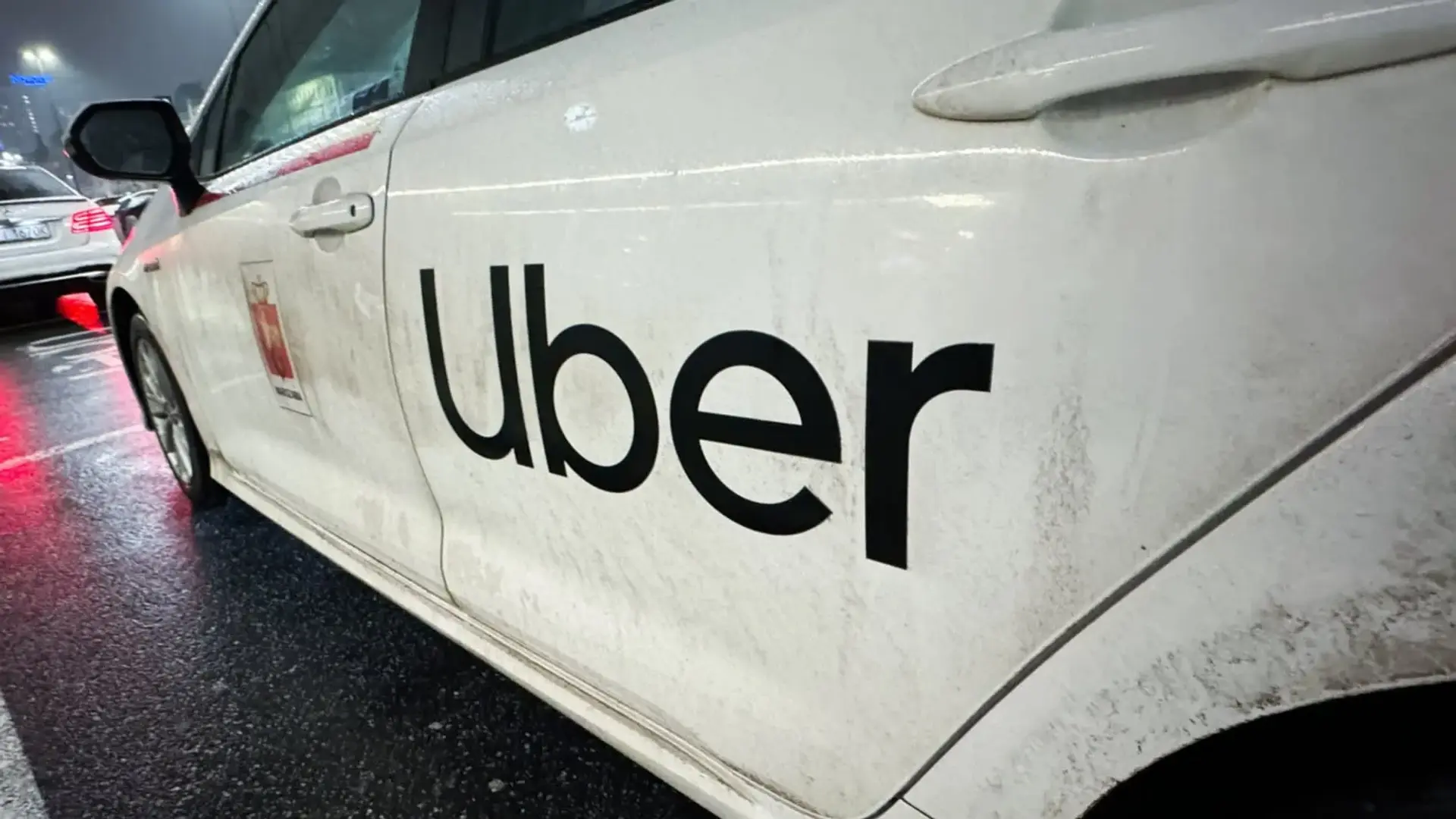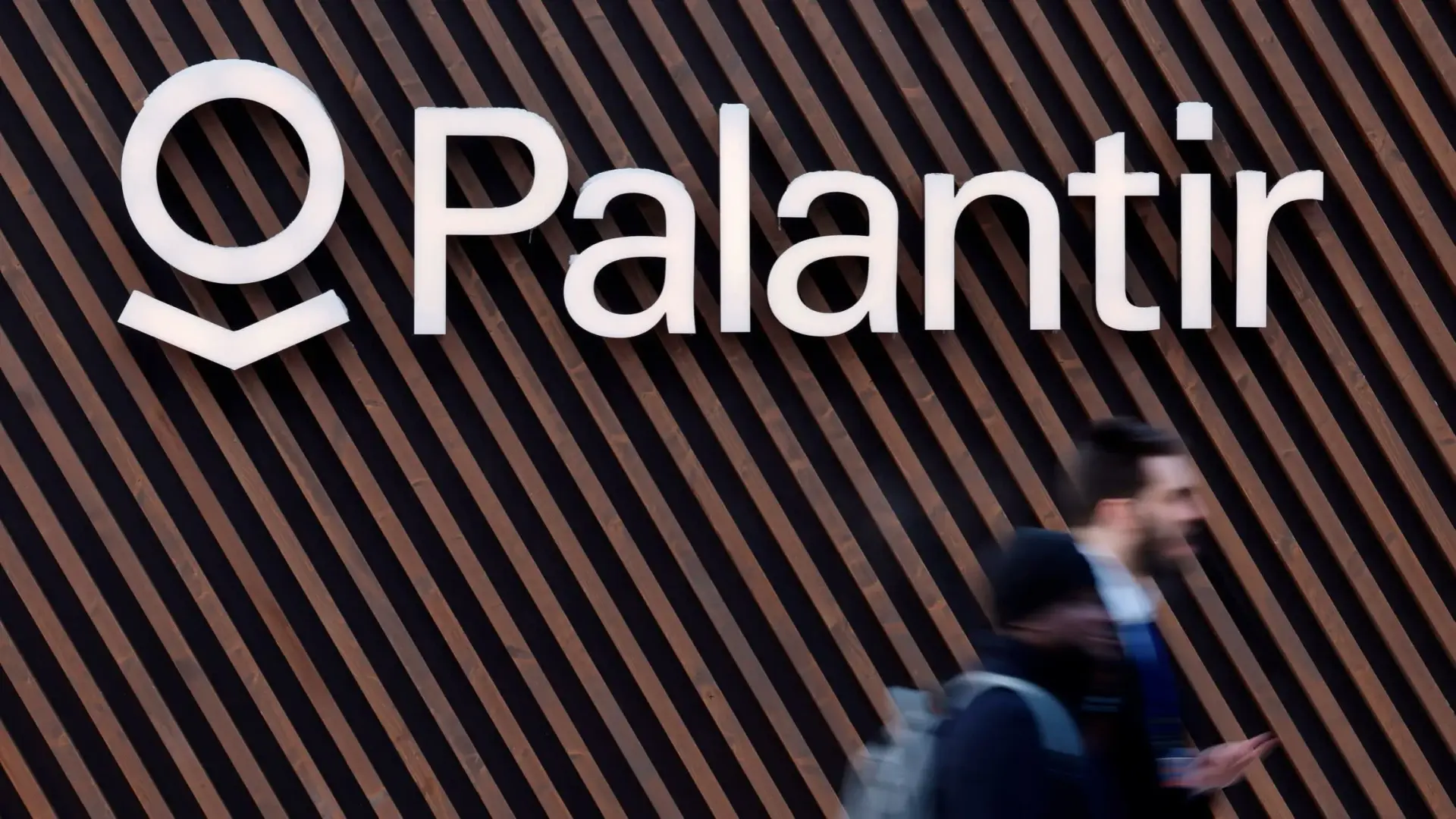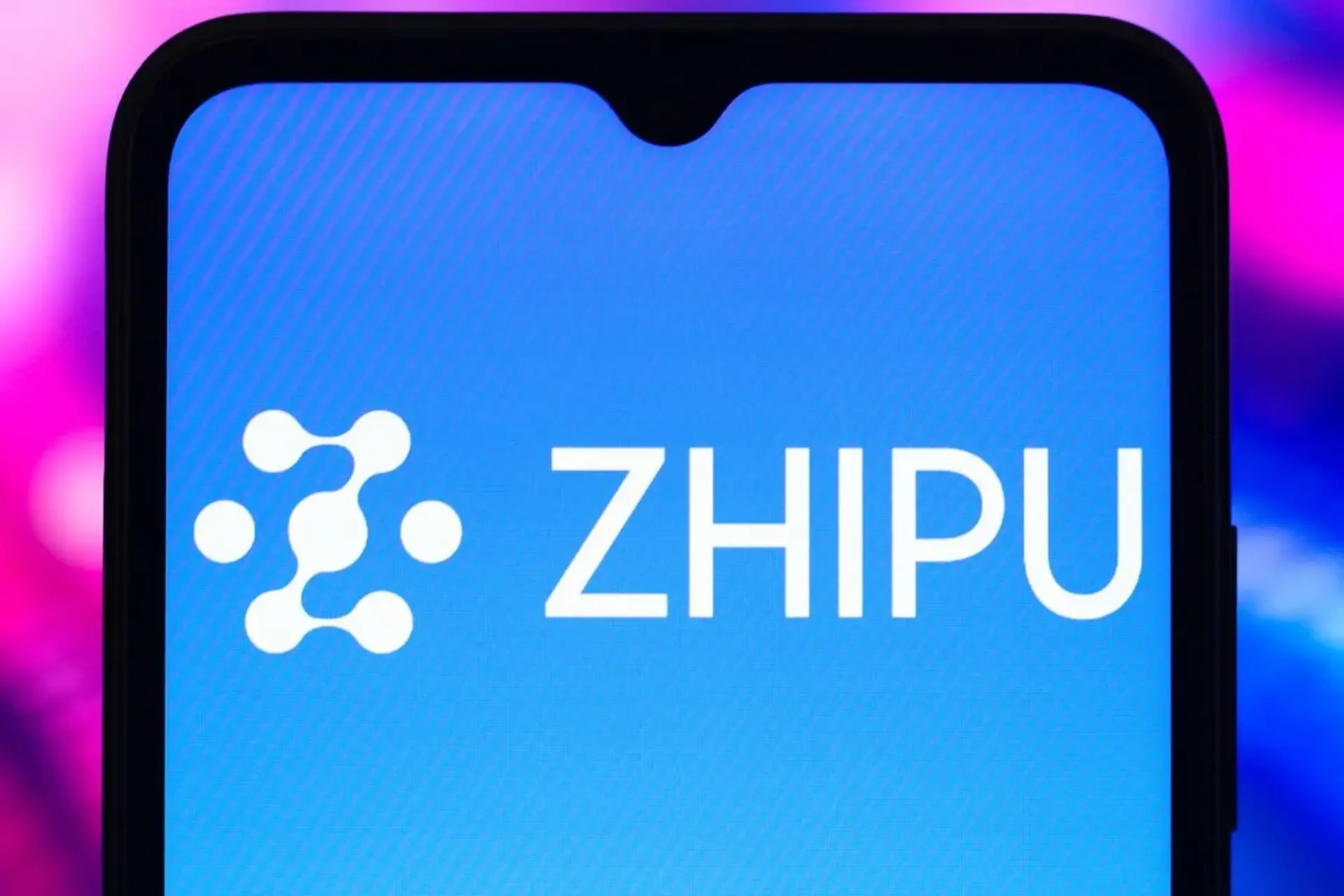As AI increasingly influences workplace decisions, including terminations, UK workers retain rights. Current UK law, including the Employment Rights Act 1996, protects employees from unfair dismissal, regardless of AI involvement. If an AI system makes an error leading to dismissal, such as misinterpreting absence records, the dismissal is likely unfair. The Equality Act 2010 also prohibits discrimination by AI based on protected characteristics.
However, gaps exist in explicit AI-specific regulations. The Trades Union Congress (TUC) is advocating for stronger legal protections, including the AI and Employment Bill, which proposes rights to human review of AI decisions, union consultation before high-risk AI deployment, and protection against unfair dismissal based on AI. This bill also aims to shift the burden of proof to employers to demonstrate AI systems are non-discriminatory. The UK government is currently taking a 'pro-innovation' approach, but this may change as other countries and bodies such as the EU introduce specific AI legislation.
Employees can challenge AI-driven dismissals through employment tribunals, particularly if the employer cannot explain the AI's decision-making process or if bias is suspected. Legal experts advise employers to maintain transparency in AI decision-making and ensure human oversight to avoid potential legal challenges and maintain employee trust. Workers also have rights under UK GDPR not to be subject to purely automated decisions that have significant effects on them and can request human intervention.




